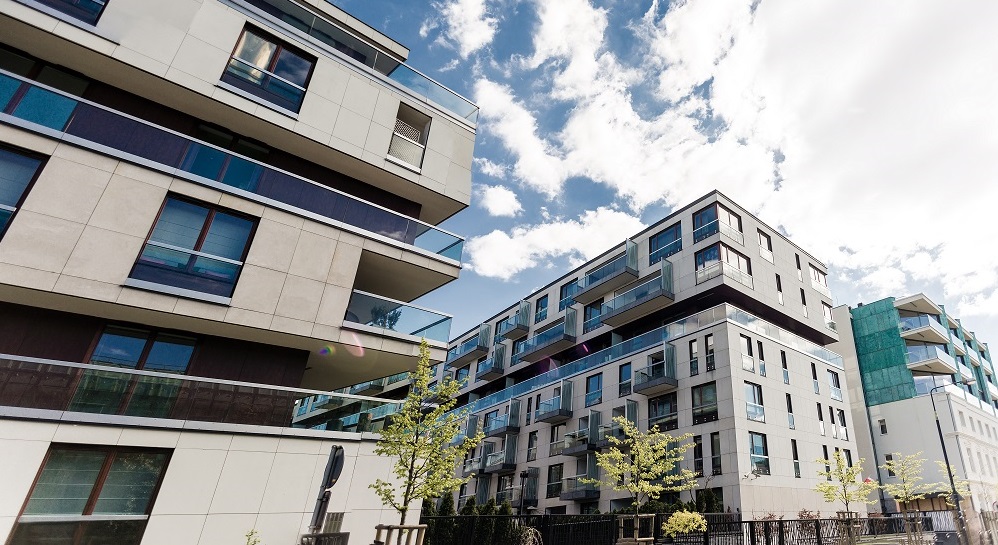Bricks and mortar are one of the best investments anyone can make so it makes sense to keep your property in good condition.

If you are landlord it makes financial sense to keep your rental properties in the best condition
A recent report has revealed that a significant amount of privately rented accommodation is failing to provide decent living conditions.
A quarter of a million families are said to be living in squalid conditions and are three times as likely to experience problems with damp or mould as owner occupiers. Damp, mould, problems with windows and doors, plumbing and damaged sanitary ware are cited as key issues.
Largely occurring at the lower end of the rental market, there is a likely link between cuts in benefits, the introduction of universal credit and a reduction in maintenance by unscrupulous landlords.
The Centre for Housing Policy is pushing for an annual inspection system – rather like MOTs for cars – to be introduced and so ensure a minimal standard for a letting.
Whether such regulation ever comes into being remains to be seen – especially when existing rules are often easily flouted – but the need is obvious. Quite apart from the basic human right to a habitable place to live, a rise in slum properties will only give rise to serious health conditions, which will cause a strain on an already over-stretched and under-resourced NHS.
There would be little point in preaching to unscrupulous landlords, but for anyone who takes seriously their responsibility as a landlord and, therefore, their responsibility to their tenants, we think it’s worth a reminder about why it pays to look after your rental property.
It’s an investment
Bricks and mortar are one of the best investments anyone can make. So it makes sense to keep your property in good condition.
A rental property is also a source of income. If the property is mortgaged, the rent you receive is likely to be covering your monthly payments so you need to minimise periods when the property is empty and, therefore, not earning for you.

Don’t ignore the small problems
They can easily become major issues if they’re not dealt with. If your tenants are telling you they’ve spotted damp or anything else that might impact on the property’s condition, get it checked out as quickly as possible. Apart from the impact on their health, the longer you ignore the problem the more costly it will become to deal with the root cause. Not to mention the additional cost of redecoration etc.
Keep your tenants happy

If you look after the property, your tenants are more likely to respect you, look after the property themselves and you are more likely to retain good tenants.
Finding new tenants can take time and money and an empty property means a drop in income.
If you need to take remedial action before new tenants move in it will mean an extra financial hit – not only will you miss out on rent, you’ll also be paying one trade or another to resolve problems.
You might want to move back or sell
If you’ve rented out your property because you’ve relocated for work or are temporarily living abroad, you may be doing so with the possibility of returning to that property in the future. Again, it is in your interests to keep it well maintained.
Similarly, if you want to sell in the future, you may find yourself having to negotiate on price or pay for repairs before anyone will be prepared to buy.
If you rent out a property that may have a problem, why not contact us for a specific defect survey. And if you’re planning on buying to let, a Home-Approved building survey will help ensure that you make a sound property investment, as well as alerting you to any remedial work that may need to be carried out in both the short- and long-term.